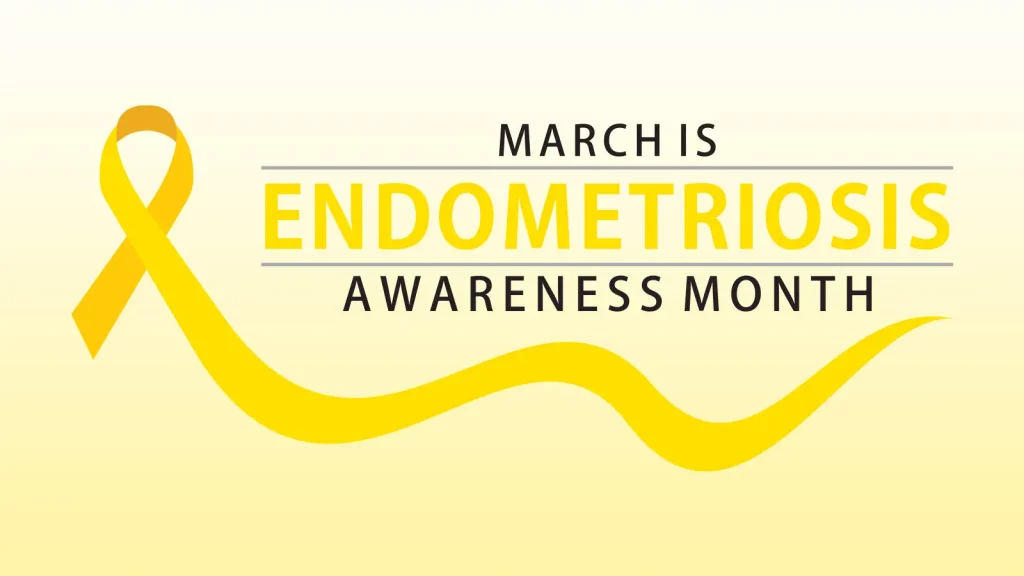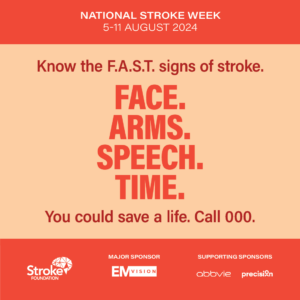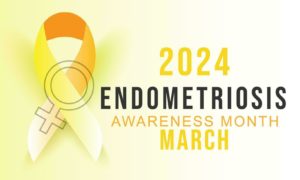What is endometriosis?
Endometriosis is an inflammatory condition where endometrial tissue (tissue similar to the lining of the uterus) grows outside of the uterus. Even though they are not in the uterus, the cells still respond to messages from the ovaries. The endometriosis tissue gets full every month and then bleeds when the woman has a period. Over time, this process can lead to inflammation and scarring, and can cause organs to stick together in places (known as adhesions).
Endometriosis is a progressive, chronic condition. It can be very painful, it can affect fertility and it can prevent women from participating fully in education, work or sporting activities. It is estimated that 1 in 9 women have endometriosis by their 40s, and the condition causes tens of thousands of hospitalisations every year. While there is no cure for endometriosis and it lasts until menopause or beyond, there are effective treatments that may relieve the symptoms.
What are the symptoms of endometriosis?
Each woman with endometriosis will experience different symptoms. Common symptoms may include a combination of:
- Abdominal or pelvic pain before and during a period, during or after sex or when going to the toilet. The pain can be felt in the lower back, thigh or leg and may get worse over time.
- Heavy periods or irregular bleeding, sometimes with clots. Bleeding for longer than normal or before a period is due can also signal endometriosis
- Bleeding from the bladder or bowel, or changes in urination or bowel movements, such as needing to urinate more frequently or pain
- feeling bloated, with or without pain
- being tired or nauseas, especially around the time of your period
- having anxiety or depression related to the pain
- not being able to get pregnant (infertility)
The variable and broad symptoms of endometriosis mean that healthcare workers do not easily diagnose it and many individuals suffering from it have limited awareness of the condition. Endometriosis is sometimes mistaken for other conditions that can cause pelvic pain, such as pelvic inflammatory disease (PID), ovarian cysts or irritable bowel syndrome (IBS). This can cause a lengthy delay between onset of symptoms and diagnosis. Access to early diagnosis and effective treatment of endometriosis is important.
When to see a doctor
See your doctor if you have signs and symptoms that may indicate endometriosis.
Endometriosis can be a challenging condition to manage. An early diagnosis, a multidisciplinary medical team and an understanding of your diagnosis may result in better management of your symptoms. Please arrange an appointment with your GP if you are experiencing any of the above symptoms and you would like to discuss further.





